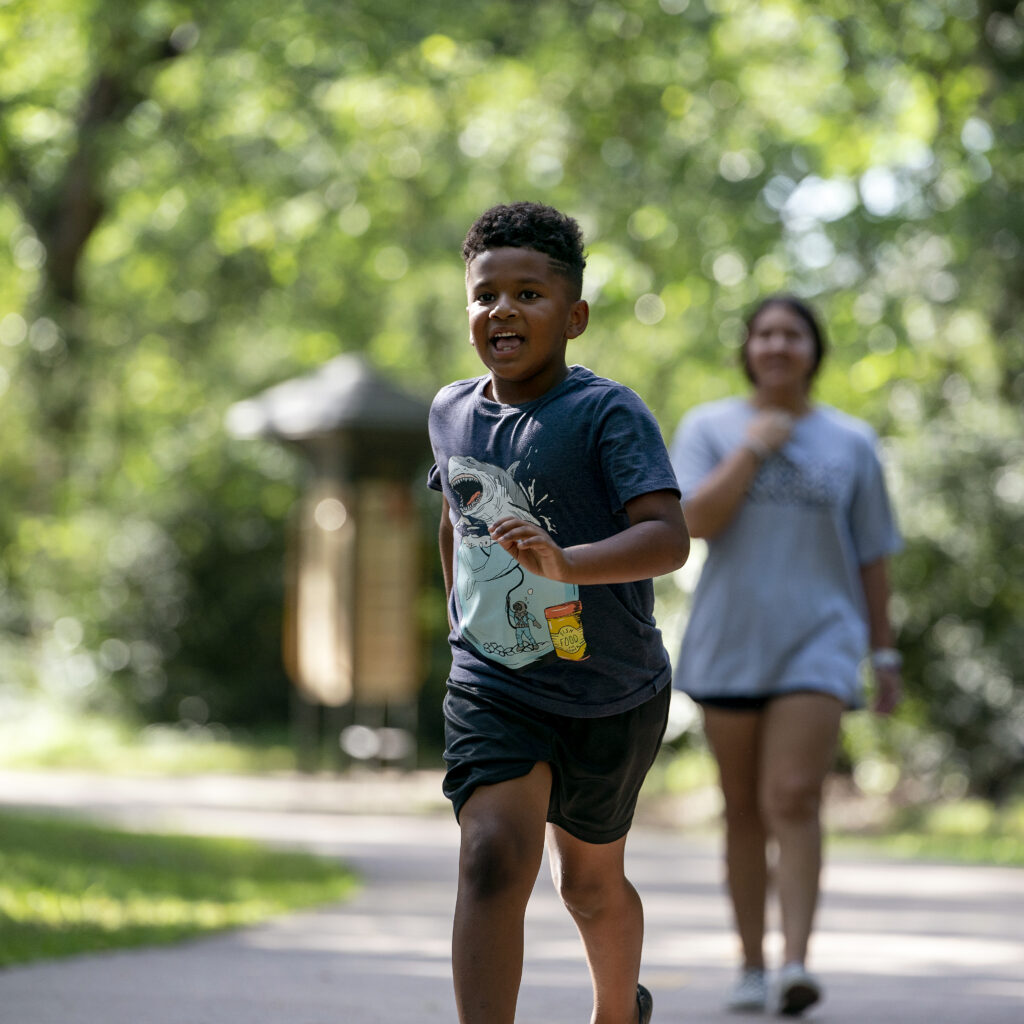Agrilife Extension Resources
The Texas A&M AgriLife Extension Service has a variety of materials, programs and resources for promoting the lives and health of Texans. These include an array of nutrition, health and wellness materials and programs for both youth and adult audiences, including many community-driven programs.
Related Departments: Food Science & Technology, Nutrition

- Course
To grow and excel as an early childhood professional, you must reflect on your teaching practices and child observation to make changes and adjustments to your teaching approach. Intentional early childhood professionals engage in reflective practices and create a professional development plan that builds upon their strengths and enhances their teaching.
After completing this 4-hour course, the learner will be able to describe what an intentional early childhood professional is, explain what reflective practices are and how to implement this information effectively to improve their teaching, explain why being intentional and reflective promotes the development and learning in the children they are teaching, and create a professional development plan based upon their strengthens. - Course
Promoting creativity in an early childhood setting is critical for the development of children’s brains. Environments, daily interactions, and experiences are all opportunities to promote creativity in young learners. Creativity can be expressed through the visual arts, music and movement, and dramatic arts.
After completing this 3-hour course, the learner will be able to describe the elements of creativity, explain how environments can encourage creativity, examine how the arts can support development across all domains in early childhood, and discuss the different categories of creative arts with connections to the four developmental domains. - Course
Increased engagement in outdoor and nature play can benefit young children’s learning across all developmental domains.
The purpose of this 2-hour course is to offer early childhood professionals strategies for supporting children’s physical development through outdoor play and learning activities. - Course
To facilitate positive social and emotional outcomes for children, early childhood educators need to understand and recognize the role of stress and trauma on early brain development and implement proactive and responsive measures to build children’s resilience.
This 2-hour course aims to help early childhood professionals understand how they can play a part in cultivating positive social emotional outcomes for each child by applying trauma-informed and resiliency-supporting practices in early learning settings. - Course
Despite the known benefits of outdoor and nature play for young children, early childhood educators and administrators may worry about issues of safety and liability.
The purpose of this 2-hour course is to equip early childhood professionals to view risk in outdoor and nature play as a process of balancing risks and benefits, rather than a barrier to including outdoor and nature play in your program. - Course
Planning effective outdoor and nature play experiences to support young children’s learning requires an intentional approach.
The purpose of this 2-hour course is to help early childhood educators and directors translate the intentional teaching practices they likely already use in other areas to create outdoor and nature play activity plans tailored to the individual needs of the children in each group within the program. - Course
Early childhood educators can make the most of planned outdoor and nature play experiences in terms of children’s learning through the interactions they have with children as they play.
The purpose of this 2-hour course is to offer early childhood professionals actionable strategies for facilitating learning through outdoor and nature play. - Course
In early childhood, a child’s social emotional development and mental health are one and the same. That means the strategies early childhood educators use to cultivate positive social emotional development are, by definition, supportive of positive mental health outcomes.
The purpose of this 2-hour course is to give early childhood professionals a review of key milestones and learning goals in the social emotional domain of development and a selection of practical strategies to help children achieve them. - Course
A well-designed, naturalized outdoor learning environment can be the ultimate tool for facilitating meaningful, impactful outdoor play and learning experiences for young children.
The purpose of this 2-hour course is to introduce early childhood educators and directors to best practices in outdoor learning environments and offer tips for making incremental improvements to enhance the quality of your program’s existing outdoor spaces. - Course
In order to facilitate healthy social emotional development among young children, early childhood professionals first need to have the tools to regulate their own emotions and manage their own stress.
The purpose of this 2-hour course is to provide early childhood educators with information and resources to recognize stressors and signs of stress and empower them to adopt healthy approaches to stress management.